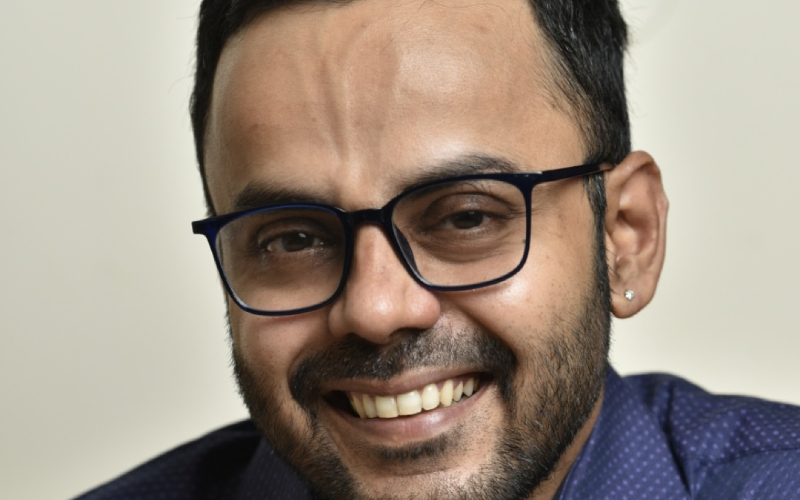“The amount of guilt and the sense of alienation that people feel when they fall in love with someone who is ‘outside’, and the struggle that they have to undergo to explain that choice which they fully don’t understand themselves, is a very deep conflict that my work tries to capture.The title of my book is ‘Intimacy in Alienation’, and alienation is something that is really very pregnant in the identities of these individuals who feel like aliens to their own community because their community cannot imagine why are they seeing the other as something positive but not as how the community wants them to see. So there’s a big gap that often gets deeper and it widens and it really forecloses any conversation and imagination.”

Ashis Roy, PhD
Kolkata, India
Episode Description:
We begin with considering the nature of ‘malignant othering’ that Ashis describes in parts of the Hindu-Muslim interface in India. His thesis is that transcending the binary into a ‘third’ is essential in the “quest for newer foundations defining Hindu and Muslim identities that are freed from historically entrenched definitions.” He describes the challenges faced by each community that lacks the imagination of what is positive in the other. We discuss the importance of family support for interfaith couples and how often that is lacking. He describes ‘love-jihad’ where the autonomous agency of the partners is, through the eyes of fundamentalism, reduced into stereotypes of oppressor-oppressed. Ashis describes his research methodology which borrows from the psychoanalytic method in its recognition of transference and repetition. He closes by sharing with us the impact on him of the riots of 2002 and behind that the latent presence of the atrocities of the 1947 Partition. He bemoans “the erosion of the narratives of harmony” and sees his work as his effort at healing.
Our Guest:
Ashis Roy (PhD) is a Psychoanalyst at the Delhi Chapter of the Indian Psychoanalytic Society ( IPA London). He works with adults and couples. For more than a decade he was on the Faculty at Centre of Psychotherapy and Clinical Research, Ambedkar University, where he participated in institution building, taught psychoanalysis and trained students to become Psychoanalytic Psychotherapists. He is faculty at CAPA (China-American Psychoanalytic Alliance) and is interested in exploring Asian and South Asian cultures using psychoanalysis. He hosts podcasts on the New Books Network and works with psychoanalysts across the globe. His book, Intimate Hindu-Muslim Relationships: A Psychoanalytic Exploration of the Self and the Other (2024) has been published by Yoda Press.
Recommended Reading:
Erikson, E. H. (1968). Identity, youth, and crisis. New York: W.W. Norton.
Kakar, S. (1996). The colors of violence: Cultural identities, religion, and conflict. Chicago: University of Chicago Press.
Wahab. G (2021) Born a Muslim: Some truths about Islam in India. Aleph Book Company.
Altman, N. (2005). The Analyst in the Inner City. Relational Perspective Book Series
Davids, M. F. (2009) The Impact of Islamophobia. Psychoanalysis and History 11:175-191
Green, A., & Kohon, G. (2005). Love and its vicissitudes. London: Routledge.
